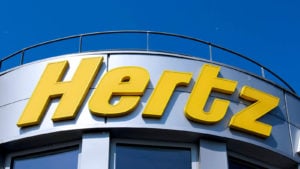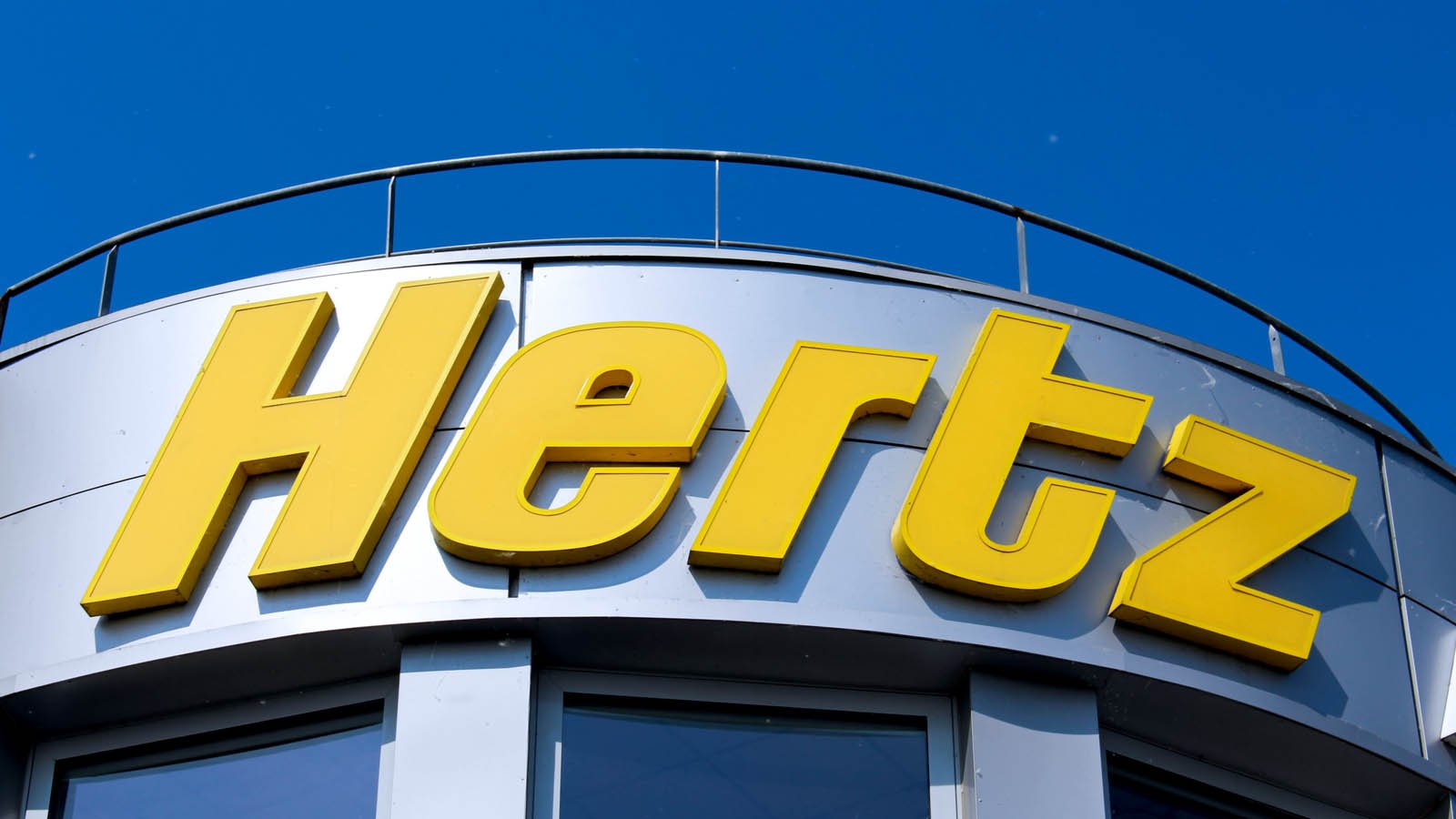Even as interest among speculators has cooled, many are still betting on Hertz Global (NYSE:HTZ). In typical times, HTZ stock would be trading for pennies following its Chapter 11 bankruptcy. But if there’s one phrase to describe 2020, it isn’t “typical times.” With the novel coronavirus pandemic indirectly fueling a rapid rise in day trading, it’s no surprise speculators are gambling on this bankruptcy stock.

Sure, people can profit buying a stock after a Chapter 11 filing, but it’s important to keep in mind that after the filing, shares become less like stock, and more like lottery tickets.
Most of the time, a Chapter 11 bankruptcy leaves nothing for common shareholders. Creditors swap their debt for equity, and the prior common stock gets cancelled. As a result, those cancelled shares become worthless, but on occasion, equity shareholders receive a sliver of equity worth more than the stock’s post-bankruptcy share price.
Does that mean buying Hertz is worth the high risk? Not so fast! Some Chapter 11 “lottery tickets” are long-shots, but they still have chance. This situation? Think of it more as a no-shot.
With this in mind, there’s one word to describe this: avoid. Speculation has kept this stock from falling to zero, but don’t expect that to last forever.
Why HTZ Stock Isn’t Coming Back
Some may be dabbling in Hertz for the long-shot chance shareholders receive a sliver of equity worth more than today’s trading price (around $1.11 per share). When assessing this company’s assets against its debts, however, it’ll be lucky to pay off its creditors in full.
Sure, the company’s total assets (as of Jun 30, 2020) exceed its liabilities. But the company’s primary asset is its fleet of rental cars. Chances are the company wouldn’t be able to sell these vehicles for what they are worth on the books.
Yes, with heavy demand for used cars, they may fare better in a “fire sale” scenario than in other times. Given how small shareholder equity ($559 million) is relative to total assets ($23.1 billion), even a small haircut would wipe out this equity.
OK, so maybe shareholders wouldn’t receive a penny in a liquidation scenario. How about a reorganization? Perhaps once the company converted much of its debt to equity, the sliver remaining for common shareholders would exceed the current market capitalization of Hertz stock?
Don’t count on it. As I discussed previously, much of the demand for rent-a-car services remains diminished. With this in mind, the company’s underlying value is much lower than it was pre-outbreak. In fact, the underlying business may now be worth less than what creditors are owed in full.
Where does this leave shareholders? At a high chance of their shares winding up canceled and worthless.
Don’t Bet on a Second Round of The “Robinhood Effect”
Back-of-the-envelope, it’s obvious there won’t be much left for shareholders post-bankruptcy.
What if investors dabbling in this stock know this, yet are gambling in shares, hoping for a second round of the “Robinhood Effect?” In other words, wagering that speculators on the popular retail investing app dive back into this stock, sending it parabolic once again.
It’s possible. But is it probable? Don’t count on it. The irrational dive into bankrupt stocks earlier this year was a unique event. As a result of the lockdowns, millions of inexperienced investors dived into stocks. Buying on headlines instead of on the details, many of these new investors bid up bankrupt Hertz.
Granted, with its valuable brand name, it makes sense why some believed the stock could still have value post-bankruptcy. In early summer, many believed the travel economy would recover much sooner.
Yet, both were the wrong call. Hertz’s brand equity is far from enough to leave some equity for current shareholders. Travel remains challenged, and it could be years before it fully bounces back.
Without the factors at play that helped the stock go parabolic earlier this year, don’t count on an encore.
Don’t Waste Your Time or Money Betting on This “No-Shot”
Why are people still buying HTZ stock, even after its Chapter 11 filing? Either they are unaware of the low chances there’s anything left for common shareholders, or they are gambling on another round of the “Robinhood effect.”
Buying on either rationale will more likely than not result in big losses. Diving into the details, there’s not enough value for debtholders, much less shareholders. And with the brief euphoria for bankrupt stocks largely over, there’s little hope for investors buying today to sell into irrational strength down the road.
What’s the call here? Don’t waste your time (or risk your money) gambling on HTZ stock.
On the date of publication, neither Matt McCall nor the InvestorPlace Research Staff member primarily responsible for this article held (either directly or indirectly) any positions in the securities mentioned in this article.
Matthew McCall left Wall Street to actually help investors — by getting them into the world’s biggest, most revolutionary trends BEFORE anyone else. Click here to see what Matt has up his sleeve now.
